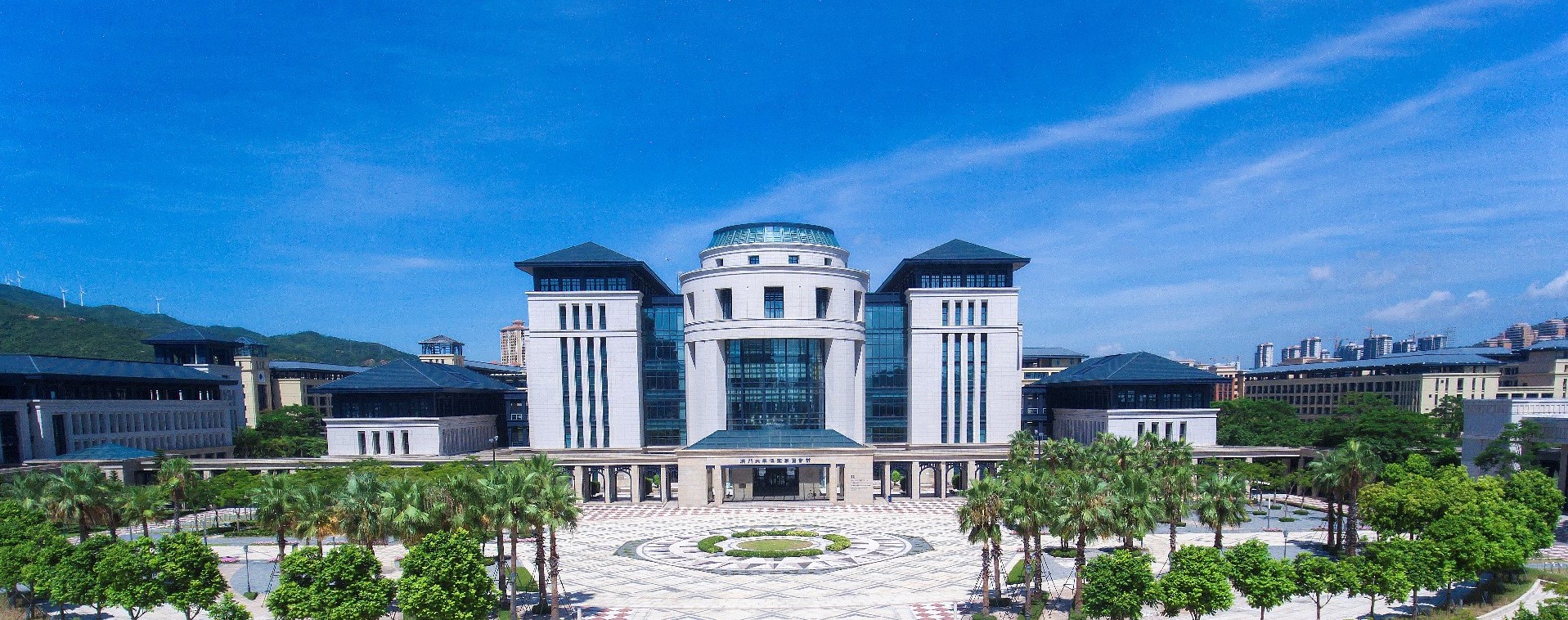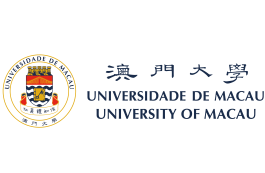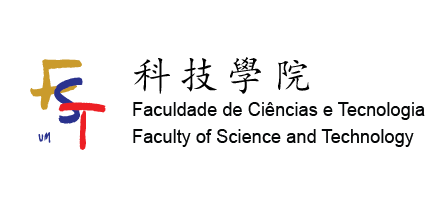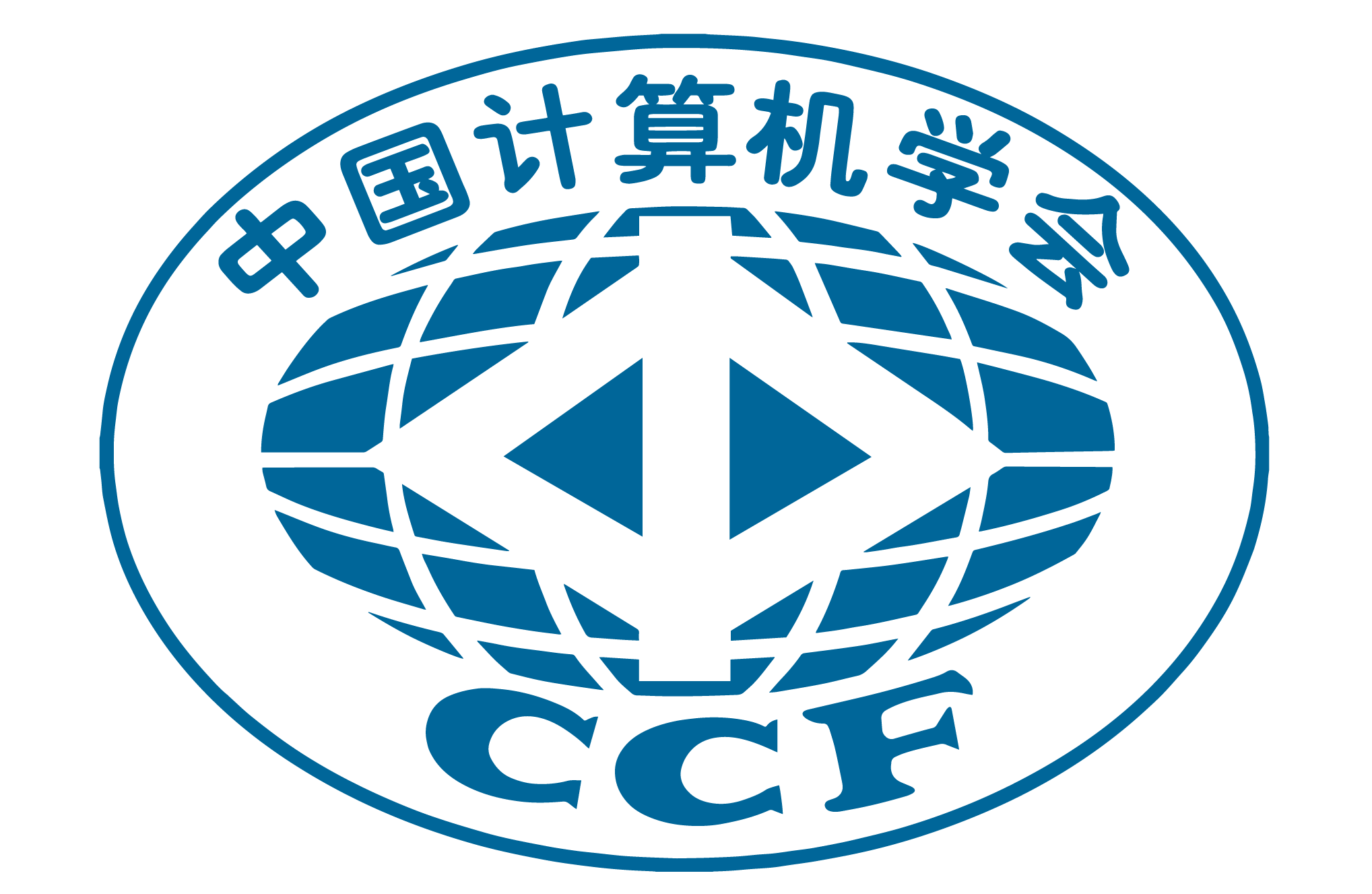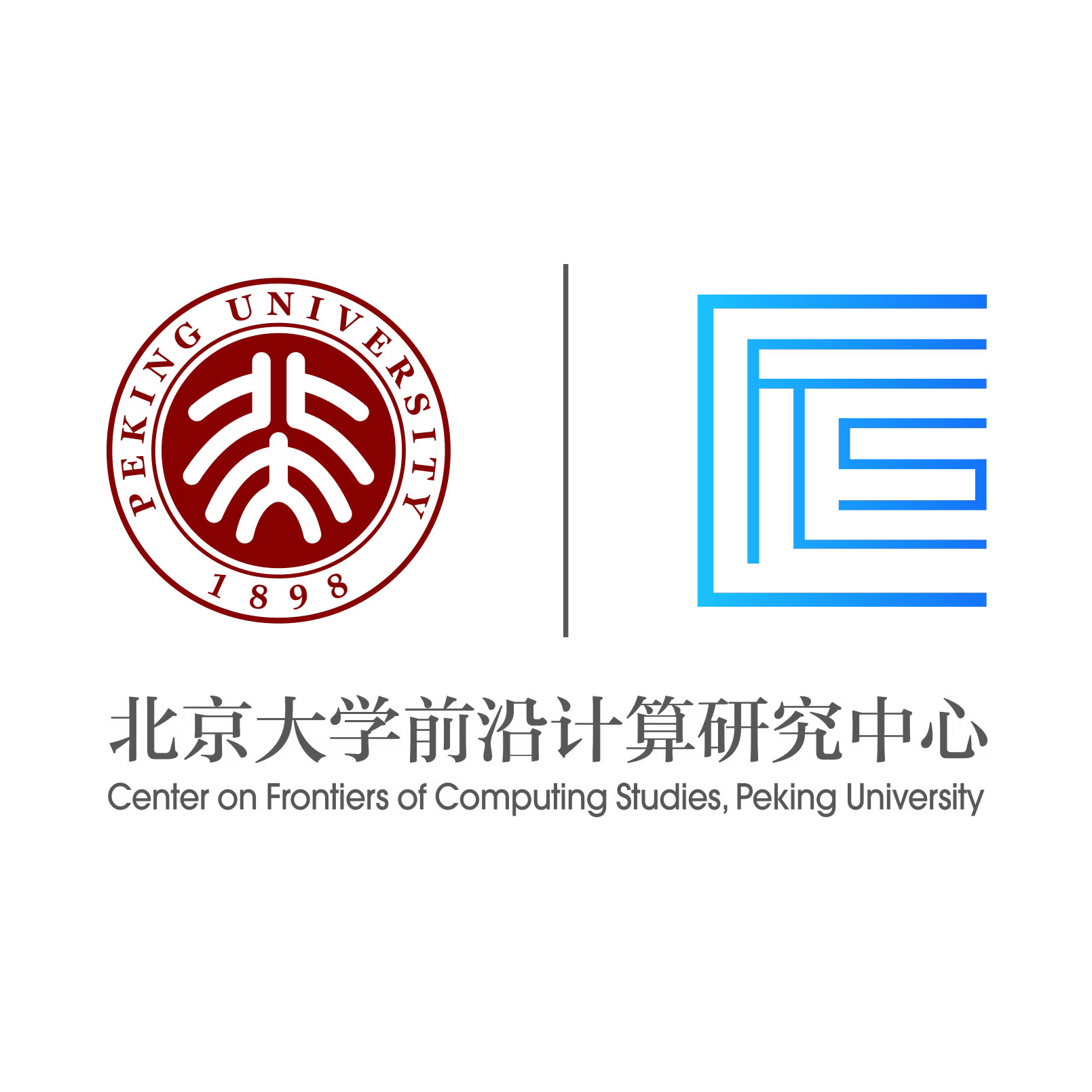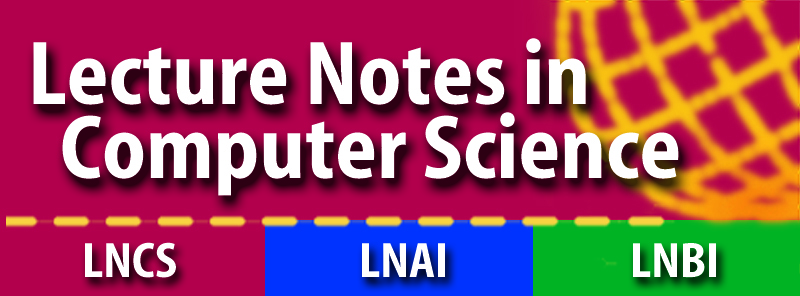Keynote Speakers
|
Xiaotie Deng 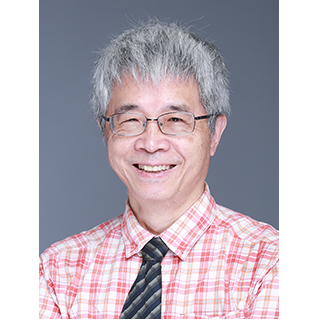
Peking University |
Majority Game in Blockchain |
|---|---|
|
Abstract: Majority Equilibrium has made its way in Economic Systems in its implementation of Bitcoin. Its economic stability or security has met a challenge in the Selfish mining attack by Ittay Eyal and Emin Gün Sirer. This talk is a presentation on the cognitive level view of the majority game, based on a recent joint work "Insightful Mining Equilibria" on WINE 2022, with Mengqian Zhang, Yuhao Li, Jichen Li, Chaozhe Kong. |
|
|
Bio: Prof. Xiaotie Deng got his BSc from Tsinghua University, MSc from the Chinese Academy of Sciences, and Ph.D. from Stanford University. He is currently a chair professor at Peking University. He taught in the past at Shanghai Jiaotong University, the University of Liverpool, the City University of Hong Kong, and York University. Before that, he was an NSERC international fellow at Simon Fraser University. Deng's current research focuses on algorithmic game theory, with applications to the Internet and Blockchain Economics. He is an ACM fellow for his contribution to the interface of algorithms and game theory, an IEEE Fellow for computing in partial information and interactive environments, and a CSIAM Fellow for contributions to game theory and blockchain. He is a foreign member of Academia Europaea. He is one of the winners of the 2022 Test of Time Award of ACM SIGecom for settling the complexity of computing a Nash equilibrium. |
|
|
Jianwei Huang 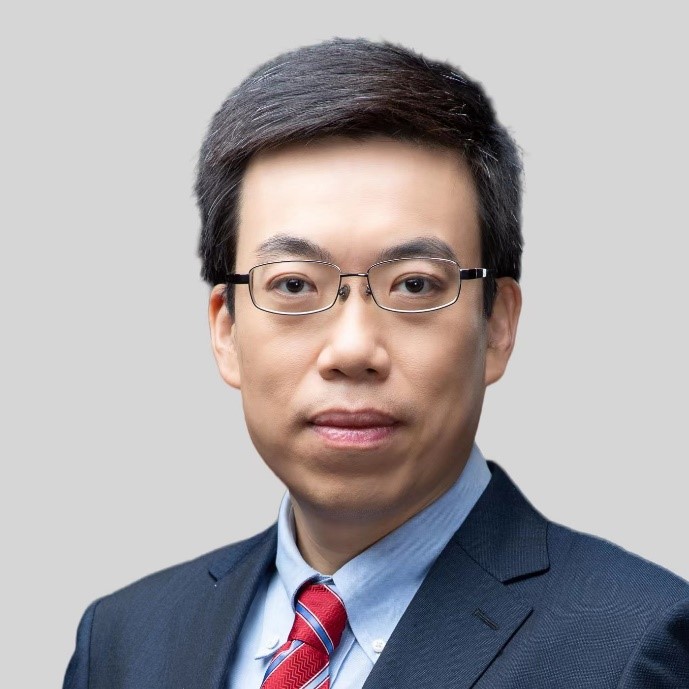
Chinese University of Hong Kong (Shenzhen) |
Mechanism Design with Data Correlation |
|
Abstract: High-quality data collection is essential for various data-driven analysis scenarios. However, this process can compromise user privacy, especially when data across individuals are correlated. In such cases, one may suffer privacy loss even without reporting his own data directly. This talk considers the design of privacy-preserving mechanisms in two application scenarios: non-verifiable data with analysis-based incentives, and verifiable data with payment-based incentives. In both cases, we discuss how data correlation affects users' data contribution behavior and how the data collector should optimize the mechanism accordingly. |
|
|
Bio: Prof. Jianwei Huang is a Presidential Chair Professor and Associate Vice President of the Chinese University of Hong Kong, Shenzhen, and the Associate Director of Shenzhen Institute of Artificial Intelligence and Robotics for Society. He is the Editor-in-Chief of IEEE Transactions on Network Science and Engineering (TNSE), and was an Associate Editor-in-Chief of IEEE Open Journal of the Communications Society (OJ-COM). He received the Ph.D. degree in ECE from Northwestern University in 2005, and worked as a Postdoc Research Associate in Princeton University during 2005-2007. From 2007 until 2018, he was on the faculty of Department of Information Engineering, The Chinese University of Hong Kong. His research interests are in the area of network optimization, network economics, and network science, with applications in communication networks, energy networks, data markets, and crowd intelligence. He has published 320+ papers in leading international venues, with a Google Scholar citation of 16,000+ and an H-index of 65. He has been an IEEE Fellow, an IEEE ComSoc Distinguished Lecturer, a Clarivate Web of Science Highly Cited Researcher, and an Elsevier Most Cited Chinese Researcher. |
|
|
Kazuhisa Makino 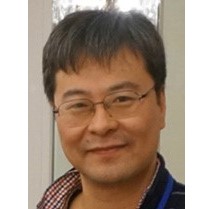
Kyoto University |
Optimal Composition Ordering for 1-Variable Functions |
|
Abstract: We outline the composition ordering problem of 1-variable functions, i.e., given n 1-variable functions, we construct a minimum composition ordering for them. We discuss applications and related problems for the problem as well as the current status of the complexity issue. |
|
|
Bio: Prof. Kazuhisa Makino got his bachelor's degree and Ph.D. in Applied Mathematics and Physics from Kyoto University. He is currently a professor in the Research Institute for Mathematical Sciences in Kyoto University. Prof. Makino’s research interests are in the areas of discrete mathematics, optimization and algorithm theory. In particular, he is interested in design and analysis of efficient algorithms for discrete optimization, and applications of those techniques to the areas of artificial intelligence, game theory, and data mining. He is the winner of the Awards for Science and Technology 2022, the Commendation for Science and Technology by the Minister of Education, Culture, Sports, Science and Technology. He has also won the ISAAC 2016 Best Paper Award, the AAAI-2002 Outstanding Paper Award, Discrete Applied Mathematics 2003 Editors’ Choice Award, Discrete Applied Mathematics 1999 Editors’ Choice Award, and the 18th Japan IBM science award. |
